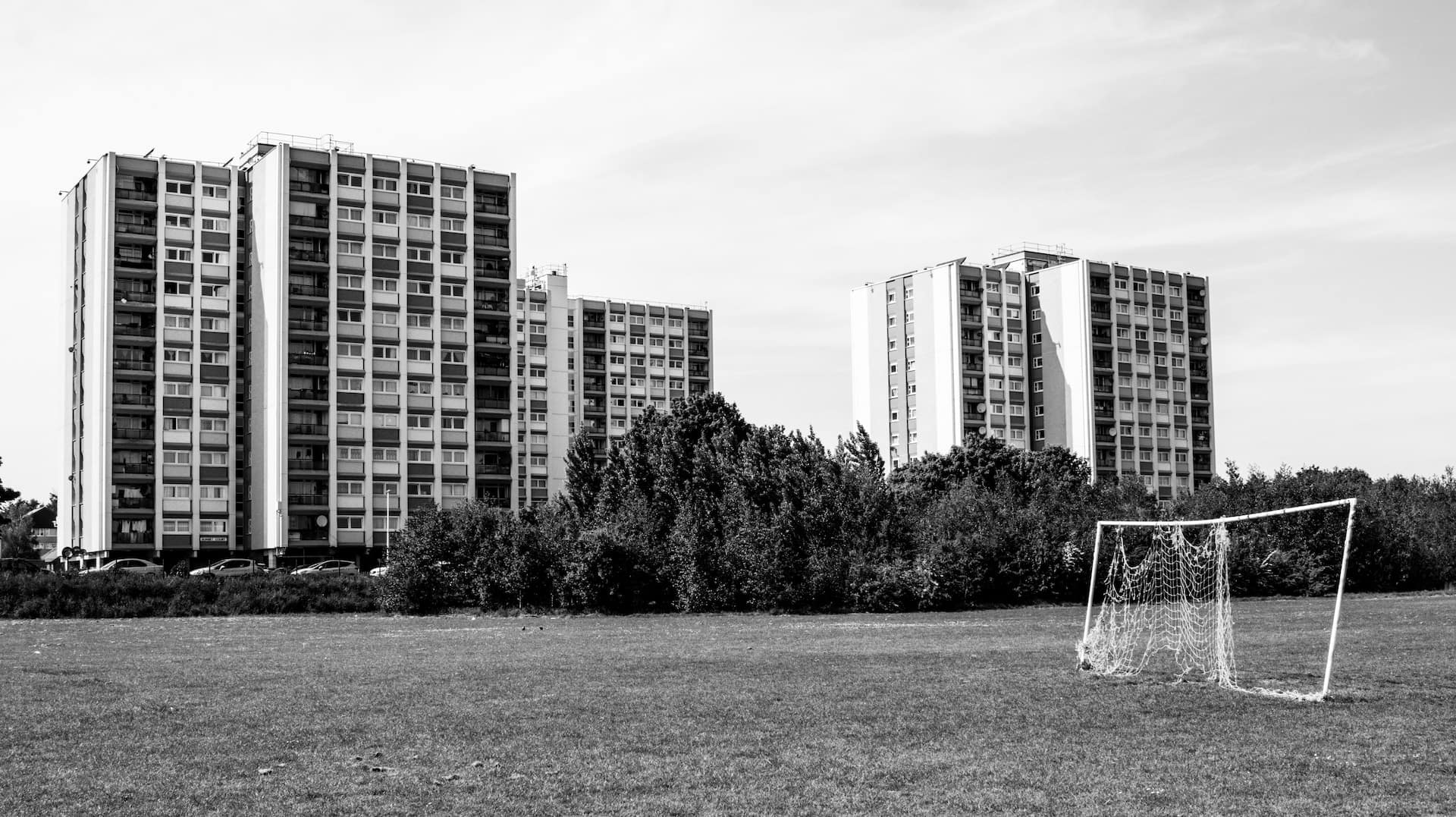If you are renting a property, you have a right to live in a safe and habitable home. Your landlord has a responsibility to ensure that the property meets basic health and safety standards, and to carry out repairs when necessary. However, if your landlord is not fulfilling their obligations and your living conditions are becoming unbearable, you may need to take legal action. In this article, we will explore the process of making a housing disrepair claim on benefits, including the legal action you can take and the claims process when on Universal Credit.
What is Housing Disrepair?
Housing disrepair refers to a situation where a rented property is in a state of disrepair or neglect, making it unsafe or unhealthy to live in. Examples of housing disrepair include damp and mould, faulty plumbing, defective electrics, and structural damage. If you notice any disrepair in your home, it is important to report it to your landlord as soon as possible.
Legal Action Against Your Landlord
If your landlord fails to carry out repairs in a timely manner, or refuses to carry out repairs altogether, you may need to take legal action. You can do this by making a housing disrepair claim against your landlord. This will require you to take your landlord to court, where a judge will determine whether your landlord has breached their obligations to you as a tenant.
Before taking legal action, it is important to give your landlord a chance to carry out repairs. You should make a formal complaint to your landlord in writing, outlining the repairs that need to be carried out and setting a deadline for them to be completed. If your landlord fails to respond to your complaint, or fails to carry out the repairs within the deadline, you can proceed with legal action.
Making a Housing Disrepair Claim on Benefits
If you are on benefits and need to make a housing disrepair claim, there are several options available to you. One option is to seek legal aid, which can help cover the cost of legal representation. You can also make a claim through the Housing Disrepair Protocol, which is a set of guidelines that provide a framework for resolving disputes between landlords and tenants.
If you are on Universal Credit, you may be able to receive an advance payment to cover the cost of any repairs that need to be carried out. You can also seek assistance from your local council or a housing charity, who may be able to provide financial support or advice.
Contacting us at National Claims will also provide you with more support and guidance on the possibility of making a housing disrepair claim. We will guide you all the way through the claims process.
Claims Process When on Universal Credit
If you are making a housing disrepair claim on Universal Credit, the process is similar to making a claim on any other type of benefit. You will need to provide evidence of the disrepair, such as photographs or a report from a surveyor. You will also need to provide evidence of any correspondence between you and your landlord, such as letters or emails.
Once you have gathered the necessary evidence, you can make a claim through the Universal Credit online account. You will need to provide details of the repairs that need to be carried out and the estimated cost of the repairs. You may also need to attend a meeting with a Universal Credit adviser to discuss your claim.

Court Fees When Claiming Universal Credit
If you are making a housing disrepair claim on Universal Credit, you may be eligible for help with court fees. You can apply for help with fees through the Universal Credit online account or by completing a paper application form. The amount of help you can receive will depend on your income and savings.
Conclusion
Making a housing disrepair claim on benefits can be a complex and stressful process. However, if you are living in unsafe or unhealthy conditions, it is important to take action to protect your health and wellbeing. By following the guidelines outlined in this article, you can take steps to ensure that your landlord fulfills their obligations and that your home is safe and habitable. Remember, you have the right to live in a property that meets basic health and safety standards, and you should not hesitate to take legal action if your landlord is not fulfilling their obligations to you as a tenant.
Contact us at National Claims to get a start on your claim.
Note: You can only make a claim if you are currently living in social housing.
Click below to see why we are one of the most trusted claims management companies in the UK.





